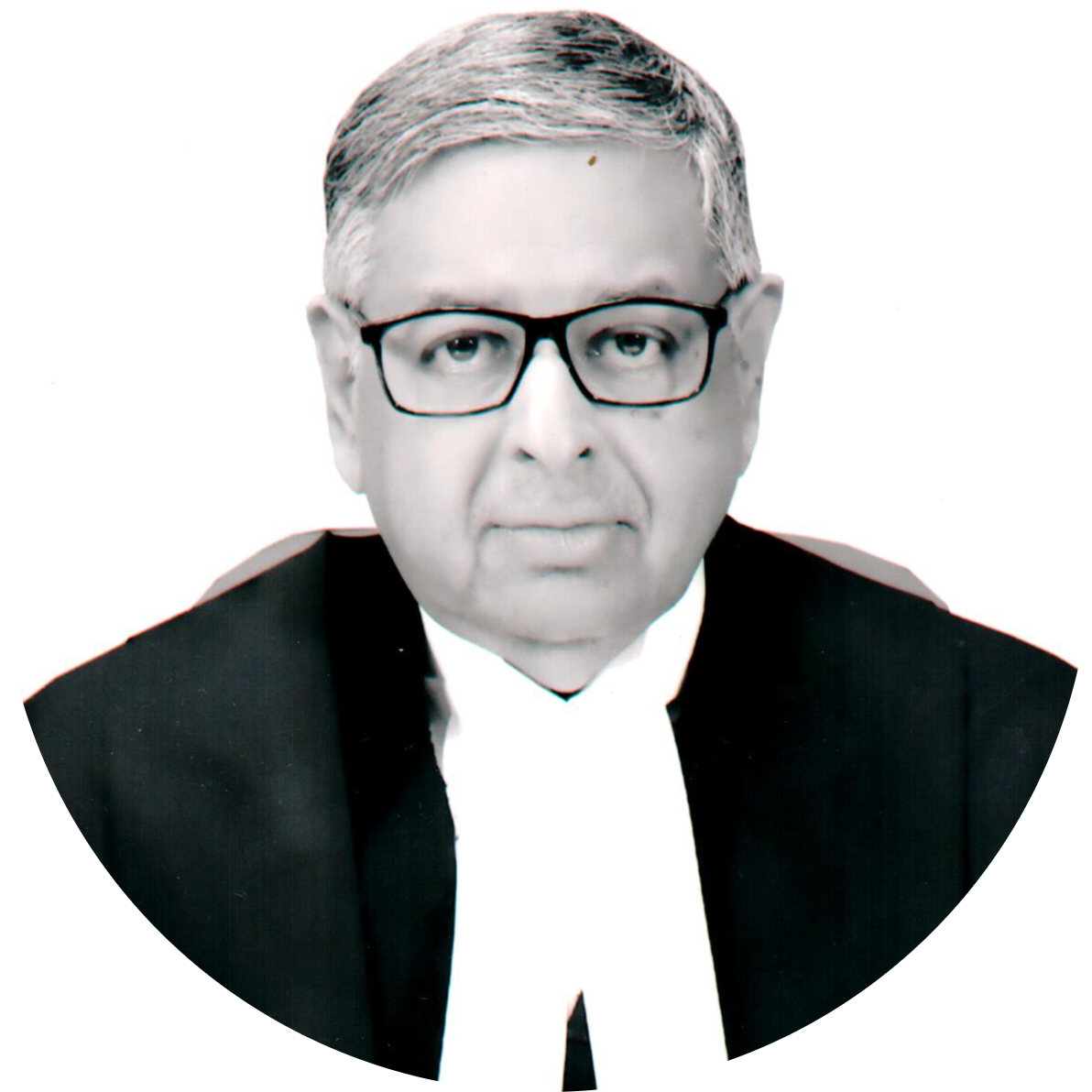Puducherry Lieutenant Governor
Union of India v K. Lakshminarayanan
The Supreme Court decided not to hear an appeal on the question of whether the Chief Minister or the Lieutenant Governor is the administrative head of Puducherry.
Pending
Parties
Petitioner: Union of India
Lawyers: Aman Lekhi; Atmaram Nadkarni
Respondent: K Lakshminarayanan; Administration of Puducherry; Chief Secretary of Puducherry
Lawyers: Kapil Sibal; P. Chidambaram
Case Details
Case Number: SLP (C) 12072/2019
Next Hearing:
Last Updated: December 17, 2021
Key Issues
Does Article 239A provide supremacy to the Legislature over the Lieutenant General, in the case of Puducherry?
Is Puducherry’s Lieutenant Governor bound by the aid and advice of the Chief Minister and Council of Ministers?
Case Description
Puducherry is a Union Territory. Article 239 of the Constitution provides that the President must administer Union Territories through a Lieutenant Governor. However, Article 239A of the Constitution created the Puducherry Legislative Assembly. Section 44 of the Government of Union Territories Act, 1963 states that Puducherry’s Chief Minister and Council of Ministers must aid and advise the Lieutenant Governor, when she exercises functions falling under the Parliament’s power to make laws and is not required to act in her discretion.
Relying on different interpretations of administrative hierarchy, Puducherry’s Centre-appointed Lieutenant Governor Kiran Bedi and democratically-elected Chief Minister V. Narayanasamy have been clashing since 2016. On January 27th and June 16th 2017, the Union Ministry of Home Affairs issued communications to the Lieutenant Governor, elevating her powers.
Puducherry’s Chief Minister has since accused the Lieutenant Governor of running a parallel administration, issuing directions to senior government officials, failing to coordinate with the Council of Ministers and undermining the legitimacy and authority of the government. K Lakshminarayanan, the Chief Minister’s Parliamentary Secretary – in-charge of Puducherry’s relationship with the Central Government – challenged the communications before the Madras High Court.
On April 30th 2019, the Madras High Court ruled that the Lieutenant Governor must work on the advice of the Council of Ministers, and not interfere in the day-to-day affairs of the government. The Court also quashed the 2017 communications. This ruling follows the 2018 Supreme Court decision which settled the administrative power tussle between Delhi’s Lieutenant Governor and its Chief Minister. The five-judge Supreme Court Bench had unanimously held that the Lieutenant Governor is bound by the advice of the Chief Minister and Council of Ministers.
On May 8th, the Central Government approached the Supreme Court to challenge the Madras High Court’s decision. It contended that the High Court ruling had, for all intents and purposes, ruled Puducherry as a State and given the Chief Minister and the Council of Ministers corresponding constitutional powers.
On June 4th, the Supreme Court made Puducherry’s Chief Minister a party to the case. The vacation Bench comprising Justices Indu Malhotra and MR Shah further directed that cabinet decisions with financial implications could not be implemented until the next hearing date (initially June 21st, then July 10th).
On July 12th, a three-judge Bench comprising Chief Justice Ranjan Gogoi, Justice Deepak Gupta and Justice Aniruddha Bose dismissed the case. It held that the Union government could challenge the impugned order before the appropriate authority – the Division bench of the Madras High Court.



